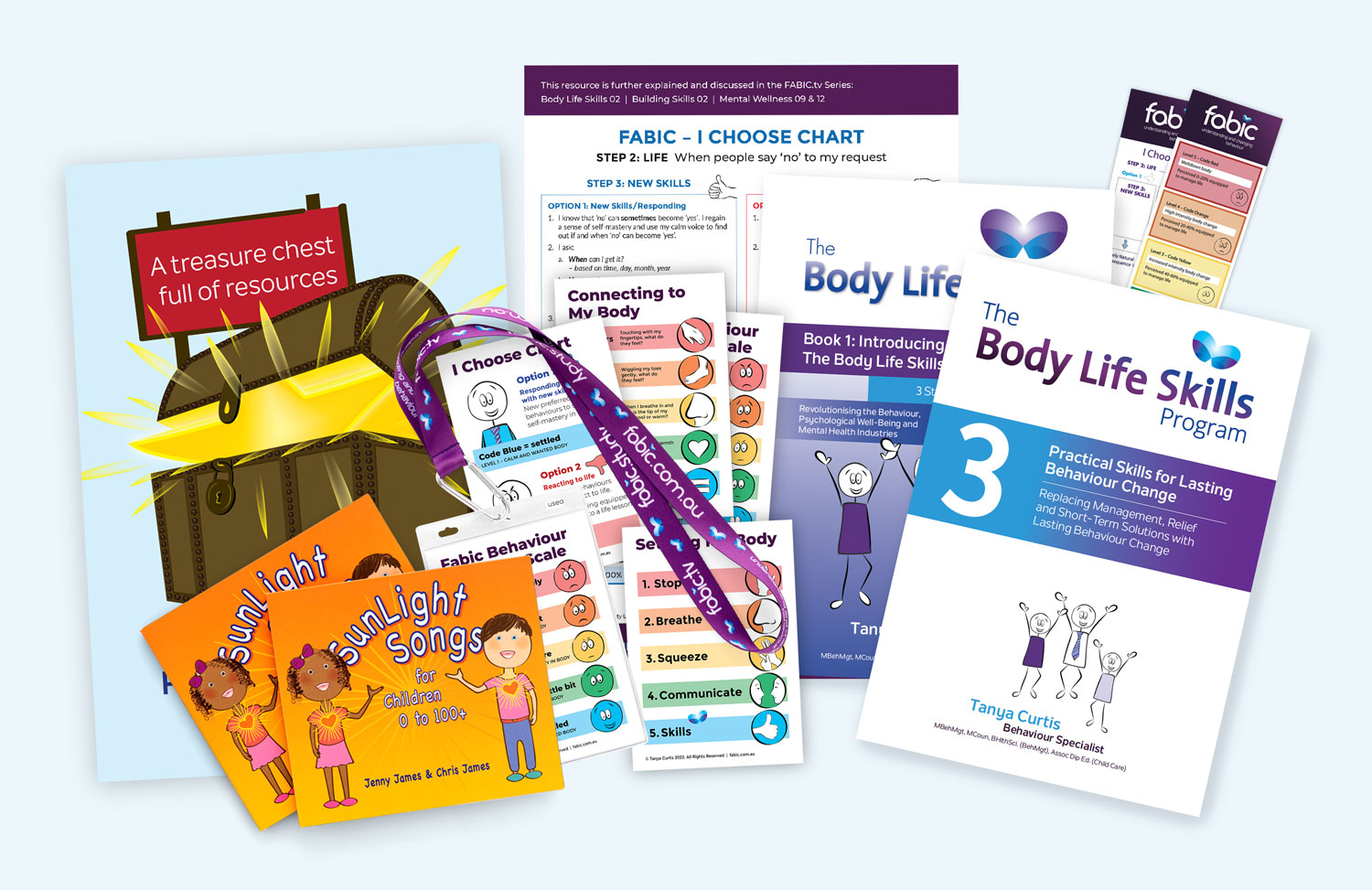While relief-based strategies are very common today, they don’t truly support people when it comes to LASTING behaviour change. Instead, they simply relieve any unwanted symptoms of anxiety or frustration or the unwanted behaviour in a person’s body, but are only ever temporary and do not support with developing the skills needed to respond rather than react to our life lessons.
And while Senior Behaviour Specialist Tanya Curtis is the first to say that there are times when relief-based strategies are definitely needed, they do not address why anxiety, stress and unwanted behaviour come to the fore in the first place. They may well relieve the symptoms but never teach the skills to address and deal with life.
Relief-based strategies may include strenuous exercise, watching TV, disordered eating or provoking an argument. They can be a stepping stone and needed as a temporary measure to relieve the symptoms of anxiety for example, but when the person comes down and feels more settled, the real work begins. This is when relief-based strategies need to be abandoned and teaching and building the skills to support a person to feel equipped to deal with life takes precedence.
This video may be useful for those searching for the following:
- What are relief-based strategies?
- How to cope with anxiety
- Strategies for stress relief
What to watch next:
And for a deeper dive into all things LASTING behaviour change with FABIC:
- Free downloadable quotes on behaviour change: Quote 17, Quote 20 and Quote 22.
And here is the link to a free Soundcloud audio on seeking relief and addressing the root cause by Senior Behaviour Specialist Tanya Curtis.
- Episode 2 of the Building Skills for LASTING Behaviour Change series deals with different types of interventions.












